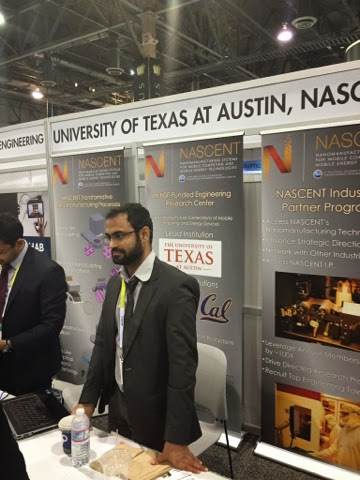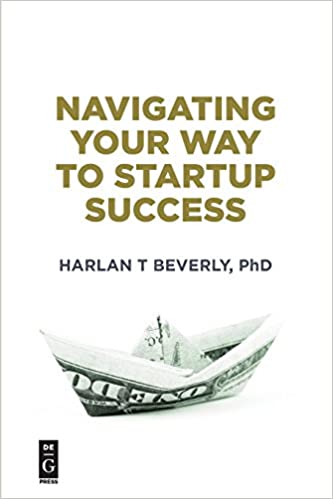I greatly enjoyed CES 2015… Perhaps most of all, the startup corridore (some of which was sponsored by indiegogo.com ). However startups, big and small, seemed to fail at several key marketing elements. Here are some of my favorite marketing fails from CES 2015.
1.) Worlds First: Several startups made this claim proudly on banners, some of which not more than 100 feet from a similar product, also the worlds first.
Why a marketing fail? Not what you think… Its not the claim itself that fails (maybe its true, maybe not). The problem is WHO CARES! Marketers must train themselves to think from the customer point of view…. And tell them the benefit of your product, from their perspective, not a useless claim!
2.). World’s “whatever” (smartest, best, smallest, whatever).
Why a marketing fail? This one is the reason you think… How can you verify this claim? Unless it is self-evident, you cannot back it up. And anyways, its not from the customers perspective… so again, who cares!
Can you find the claim?
3.) No Idea What You Do… Too much clutter!
Why a marketing fail? This is the most common problem. I just want to scan your booth and see what you do or make or your product… If I cant figure that out in 5 secs, i am gone.
What is this selling exactly?
4.) No Goal! No point to even be there!
Why a marketing fail? If you don’t have a “MEASURABLE GOAL” how can you know if you achieved it (or anything). I’m not picking on my UT friends, but I’m not sure what it is they are trying to do… maybe looking for partners? How will they know how many they met? If I go to a show like this, I would have a specific goal and agenda, and a way to measure it. Give-aways/raffles are a great way to do this.
What fails did you see at CES this year?







